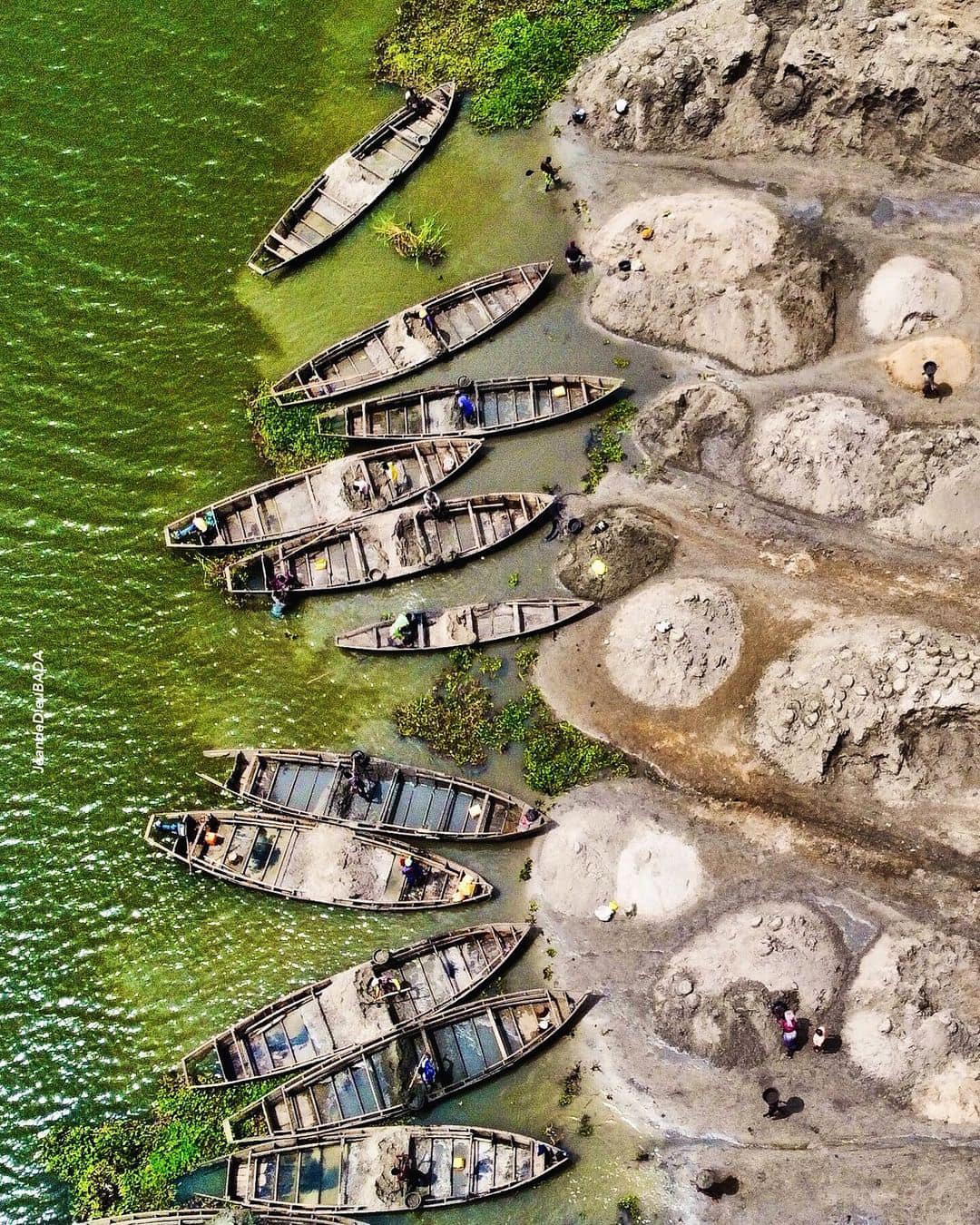

Porto-Novo
Traveling Light@travelinglight
10 months ago
Porto-Novo is the official capital city of Benin a small but historically significant city located in the southeastern part of the country. Though Cotonou is the largest city and the economic hub of Benin, Porto-Novo serves as the political and administrative capital. Here’s a closer look at its history and significance:
Porto-Novo, meaning "New Port" in Portuguese, was founded as a port city during the 16th century. It became a key point in the transatlantic slave trade, particularly under the influence of Portuguese traders. The city's strategic location along the coast and proximity to the Atlantic Ocean made it a center for trade between European powers and African kingdoms.
The name "Porto-Novo" reflects its colonial origins, though the city was also deeply influenced by African cultures, particularly the **Yoruba** people, who played a significant role in its development. It served as the capital of the former **Kingdom of Porto-Novo**, which was closely linked to neighboring Yoruba regions, particularly present-day Nigeria.
Culture and Heritage
Porto-Novo is rich in cultural diversity and historical significance, blending African traditions with colonial influences from Portugal and France. Some notable features include:
Afro-Brazilian Influence: Many freed slaves who returned from Brazil settled in Porto-Novo, bringing with them Brazilian architectural styles and cultural practices, which can still be seen today in the city's buildings.
The Royal Palace of Porto-Novo: This palace is a testament to the city's former monarchy and serves as a historical and cultural landmark, preserving the legacy of the Porto-Novo kings.
Musée da Silva: A museum dedicated to the Afro-Brazilian heritage, showcasing the influence of freed slaves from Brazil who returned to the city and contributed to its cultural development.
Musée Honmé: Another key museum in Porto-Novo, housed in a former royal residence, offering insights into the history of the Porto-Novo kingdom and Beninese royalty.
Economy
Porto-Novo’s economy is based on agriculture, small-scale trade, and fishing. The city also engages in traditional craft-making, including pottery and weaving, which are vital to the local economy. However, Porto-Novo has not developed economically to the same extent as Cotonou, which is why much of Benin's business and trade activities are concentrated in Cotonou.
Political Significance
As Benin's political capital, Porto-Novo is home to several important government institutions, including the **National Assembly** and various government ministries. Despite its political importance, most government and administrative activities are still heavily concentrated in Cotonou.
Tourism
Porto-Novo offers visitors a glimpse into the fusion of Beninese, Yoruba, and Afro-Brazilian cultures. Its historic sites, museums, and traditional markets attract tourists interested in exploring West African history and culture. The city is also a gateway for visiting other regions in Benin, such as the historical town of Ouidah and the cultural sites around Abomey.
Challenges**:
Porto-Novo, like many cities in the region, faces challenges such as underdevelopment, infrastructure issues, and rapid urbanization. Despite being the official capital, its infrastructure is less developed compared to the bustling city of Cotonou.
Porto-Novo is a city rich in history, culture, and tradition, offering a unique blend of colonial and African influences. While not the largest or most economically significant city in Benin, its role as the political capital and its cultural heritage make it an essential part of the country's identity.
#neighbors
📍Cotonou, Benin
